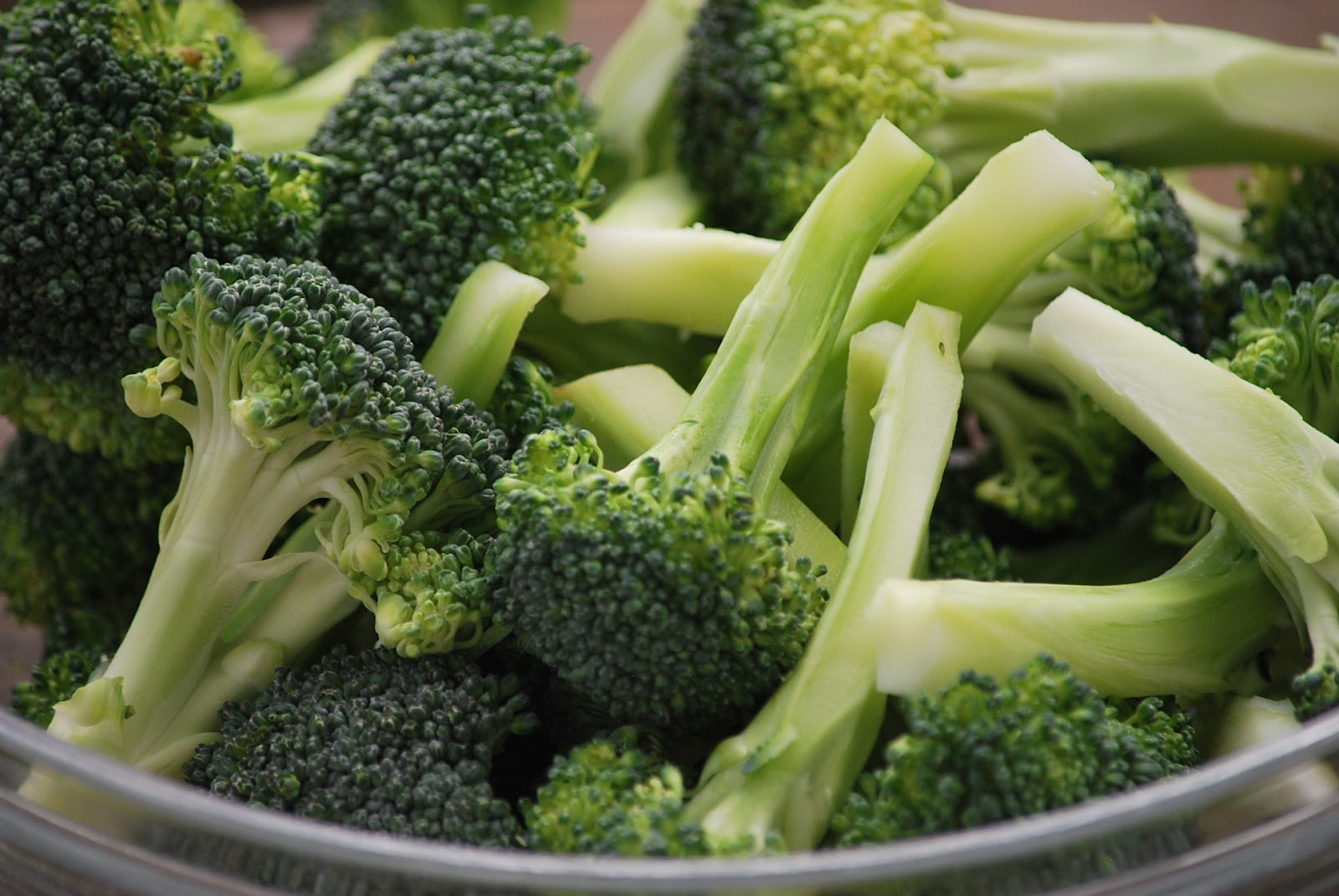[fusion_builder_container hundred_percent=”no” equal_height_columns=”no” menu_anchor=”” hide_on_mobile=”small-visibility,medium-visibility,large-visibility” class=”” id=”” background_color=”” background_image=”” background_position=”center center” background_repeat=”no-repeat” fade=”no” background_parallax=”none” parallax_speed=”0.3″ video_mp4=”” video_webm=”” video_ogv=”” video_url=”” video_aspect_ratio=”16:9″ video_loop=”yes” video_mute=”yes” overlay_color=”” video_preview_image=”” border_size=”” border_color=”” border_style=”solid” padding_top=”” padding_bottom=”” padding_left=”” padding_right=””][fusion_builder_row][fusion_builder_column type=”1_1″ layout=”1_1″ background_position=”left top” background_color=”” border_size=”” border_color=”” border_style=”solid” border_position=”all” spacing=”yes” background_image=”” background_repeat=”no-repeat” padding=”” margin_top=”0px” margin_bottom=”0px” class=”” id=”” animation_type=”” animation_speed=”0.3″ animation_direction=”left” hide_on_mobile=”small-visibility,medium-visibility,large-visibility” center_content=”no” last=”no” min_height=”” hover_type=”none” link=””][fusion_text]
Science is proving mom right over and over again…eating vegetables is good for you.
Researchers at the University of California Berkeley discovered that broccoli and other cruciferous vegetables contain an anti-cancer chemical compound that helps slow down the progress of an enzyme associated with rapidly developing breast cancer. The chemical compound indole-3-carbinol, also known as I3C, inhibits elastase, an enzyme that shortens the cellular chemical cyclin E, which is involved in controlling the cell cycle. An abundance of elastase in breast cancer cells heralds poor prognosis, decreased chemotherapy effectiveness, reduced response to endocrine treatment and lower survival rates. The shortened form of cyclin E makes cancer cells proliferate faster by speeding up the cell cycle. I3C prevents this shortening to arrest the development of cancer cells..
One of the co-authors of the study, UC Berkeley molecular and cell biology professor Gary Firestone, said that I3C can be successfully combined with other therapies to assist in strengthening the body’s ability to fight cancer. “Humans have co-evolved with cruciferous vegetables like broccoli and Brussels sprouts, so this natural source has a lot fewer side effects,” he added.
Firestone and his UC Berkeley colleagues have been studying the cancer-fighting benefits of cruciferous vegetables for more than 15 years. In previous studies, they discovered that IC3 disrupts the migration and alters adhesion properties and counteracts the survival ability of cancer cells.
In another study, UC Santa Barbara researcher Olga Azarenko found that cabbage, broccoli and cauliflower contain isothiocyanates, active compounds that display cancer-preventive and anti-carcinogenic properties.
Yet another study demonstrated that women who consumed foods rich in 13C for seven consecutive days, showed an approximate 50% increase in the liver’s estrogen detoxification pathways
Reducing high estrogen levels and supporting healthy estrogen metabolic pathways are key to avoiding hormonal type cancers. You can accomplish both of these measures by consuming foods, like cruciferous vegetables, that provide protective 13C compounds.
Cruciferous vegetables are so named because of their cross-shaped flowers. Called the Brassica family of vegetables, and also known as the “cabbage family,” cruciferous vegetables provide unique 13C plant phytonutrient with additional “organosulfur” anti-cancer compounds. Besides broccoli, this family includes cabbages (green, red, Chinese, Napa, savoy), cauliflower, cress, mustard and collard greens, mustard seeds, bok choy, kale, radish, arugula, horseradish and wasabi, rutabaga, kohlrabi, turnip roots and greens and mizuna. Sprouts and micro-greens grown from these seeds are powerhouses of plant phytonutrinets.
Besides breast cancer in women, earlier studies also showed the protective benefits of cruciferous vegetables against other types of cancer, including bladder cancer, lung cancer and prostate cancer.
Firestone recommends eating at least one serving of cruciferous vegetables daily to take advantage of their anti-cancer benefits. Just steam a crown of broccoli for about 10 minutes, or until tender, squeeze a lemon over it to add zest and you have a highly-nutritious snack.
Adding sliced or shredded cabbage in your salads is another easy way to increase your intake of cancer-fighting substances.
About the Author: Eloise Nelson, Ph.D. is a practitioner at The Vitality Center at Vail Mountain Lodge & Spa. She is a well-known holistic nutritionist with 35 years of experience in natural health care, nutrition and exercise training.
[/fusion_text][/fusion_builder_column][/fusion_builder_row][/fusion_builder_container]

